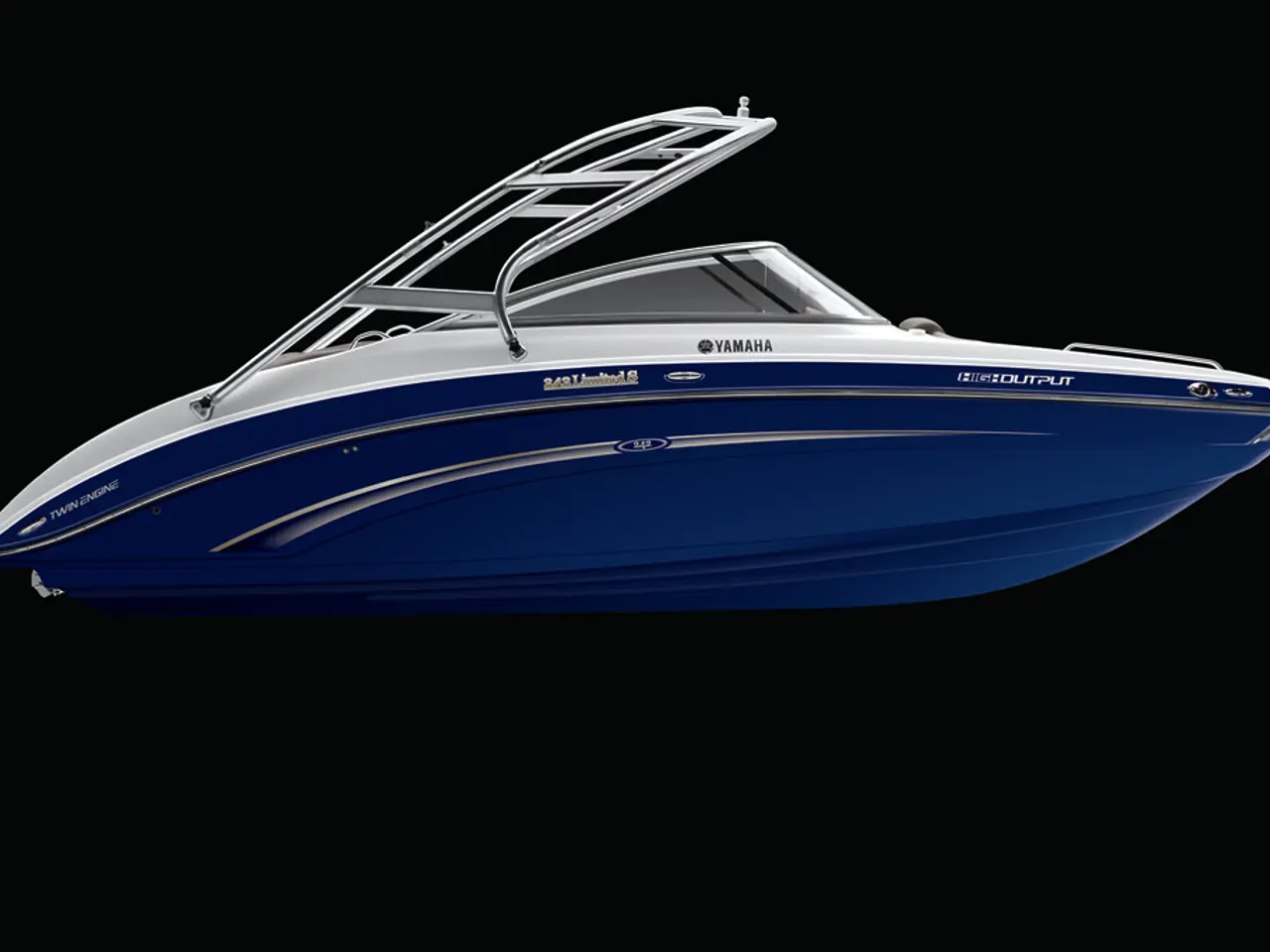U.S. investigation concludes Titan explosion could have been averted
In a landmark report released this week, the US Coast Guard Marine Board of Investigation has outlined a series of recommendations aimed at strengthening maritime regulations and oversight, particularly for innovative submersibles and watercraft, following the tragic implosion of the Titan submersible in 2023. The incident, which occurred during a tourist expedition to the wreckage of the Titanic, resulted in five fatalities.
The report, spanning over 300 pages, follows a two-year probe and highlights several key issues. Primarily, it identifies an inadequate regulatory framework for submersibles and other novel vessels as a problem. The report states that OceanGate, the US-based company managing the Titan submersible, leveraged intimidation tactics, scientific operations, and its favorable reputation to evade regulatory scrutiny.
The board found that the "inadequate design" of the Titan submersible was a primary contributing factor in its implosion. They also criticized OceanGate for failing to investigate and address known hull anomalies following its 2022 Titanic expedition. The report further notes that data from Titan's real-time monitoring system should have been analyzed and acted on during that expedition.
The remains of the Titan submersible were found four days later, about 1,600 feet (488 metres) from the bow of the Titanic wreck. The board determined that OceanGate's design, certification, maintenance, and inspection process for the Titan were inadequate.
The report also shed light on a toxic workplace culture at OceanGate as a contributing factor. It adds that the whistleblower process at OceanGate was ineffective.
Following the tragedy, key recommendations for stronger oversight and clearer options for operators exploring new concepts outside existing regulatory frameworks emphasize establishing regulatory oversight specifically tailored for innovative submersibles and watercraft. This includes mandatory registration and review of new, radical designs with the Coast Guard or relevant maritime authorities during their development stages.
The recommendations also call for international cooperation among maritime regulatory bodies to create consistent standards and oversight mechanisms for these new craft, particularly since operators may work in international waters outside any single nation’s jurisdiction. Clearer frameworks are also needed to avoid the regulatory gaps and evasion tactics that contributed to OceanGate’s ability to operate Titan without appropriate certification, safety testing, or inspection protocols.
Oversight mechanisms that provide transparent certification and inspection processes for experimental or non-traditional vessels are also crucial to prevent unsafe operations disguised as scientific or experimental activities.
The chair of the US Coast Guard Marine Board of Investigation, Jason Neubauer, stated that the implosion of the Titan submersible was "preventable". He emphasized the need for stronger oversight and clear options for operators who are exploring new concepts outside of the existing regulatory framework.
As of now, OceanGate, the company managing the Titan submersible, has not made a statement following the incident. The report serves as a call to action for the maritime industry, underscoring the urgency of updated regulations and clear, enforceable options for operators pursuing innovation beyond established norms.
In light of the recommendations from the report, there should be a stronger focus on developing specifically tailored regulatory oversight for innovative submersibles and watercraft, such as the one used by OceanGate in the Titan incident. This includes mandatory registration and review of new, radical designs during their development stages to prevent similar tragedies.
The need for international cooperation among maritime regulatory bodies is also paramount to create consistent standards and oversight mechanisms, especially for operators who venture into international waters outside any single nation’s jurisdiction. This is crucial to avoid regulatory gaps and evasion tactics that contributed to OceanGate’s ability to operate the Titan submersible without appropriate certification, safety testing, or inspection protocols.




